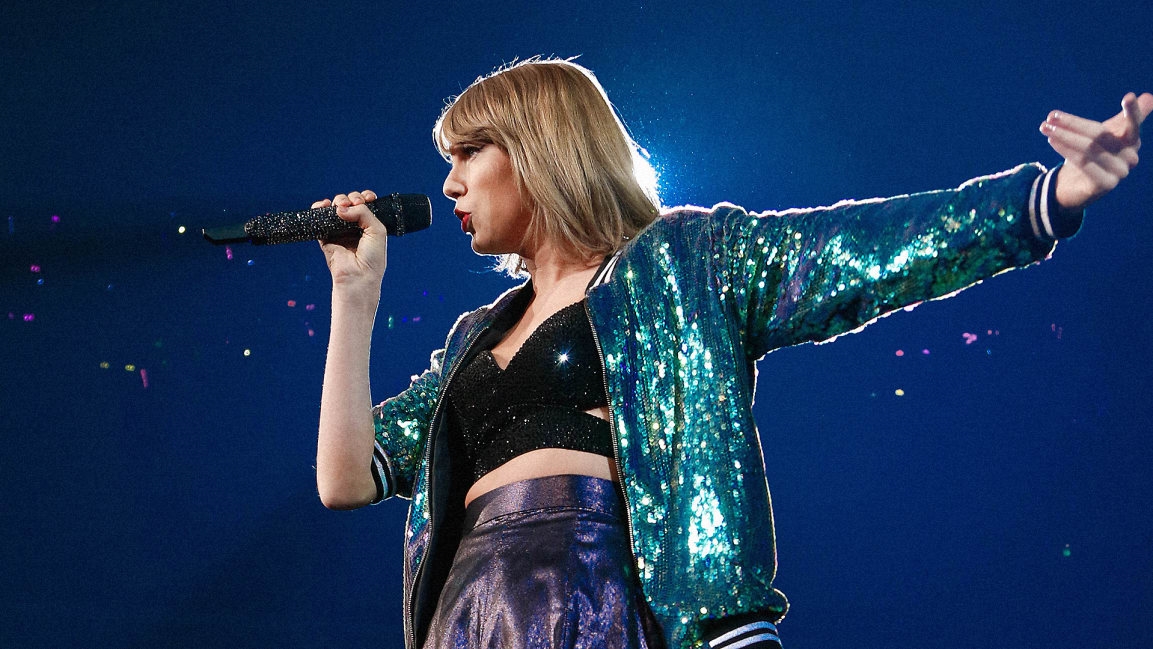Universal Music Group’s smash-hit IPO is another victory for streaming
Universal Music Group, the world’s biggest music company, went public in Amsterdam on Tuesday. Shares of the record label—which represents artists like Lady Gaga, Taylor Swift, the Rolling Stones, and Drake—jumped by nearly 40% on their first day of trading. (They were down about 4% on Wednesday following the jump.) That was Europe’s largest IPO listing of 2021, giving Universal a market value of over $55 billion and perhaps anyone who wrote off the music industry as doomed something to ponder.
The top 10 bestselling artists from last year were all signed to Universal, so its perceived value isn’t a complete surprise. But it also isn’t difficult to remember the 2000s, when young music fans were tossing their CD storage cases and downloading legally questionable Napster and KaZaA MP3 files to their iPods. That decade, music sales plummeted by half, seemingly a terrible omen if you ran a record label. Universal was the first among the Big Three labels to shift its strategy—to pursue earning royalties from streaming services rather than fighting them.
That’s paid off very well in recent years. By 2013, Universal had struck an agreement to get artists onto Apple Music, a service that didn’t debut until 2015. In 2017, it locked down favorable licensing deals with Spotify, Facebook, Instagram, and China’s enormous gaming and instant-messaging platform Tencent, and earlier this year it announced another major partnership with TikTok. Fast Company named Universal to its Most Innovative Companies in 2019, calling it “the new model for the modern label.”
Universal has owned the rights to the Beatles’ music for years. It also owns “Despacito,” the most streamed song of all time, and even “Bohemian Rhapsody,” the most streamed song from the pre-streaming era. Last year, it spent almost $3 billion on additional catalog acquisitions, dropping $300 million on just Bob Dylan’s back catalog.
Today, Universal says 70% of its revenue comes from streaming and publishing. It also predicts revenue will grow by a minimum of 10% this year, noting that losses caused by the abrupt end of live music during the pandemic were offset by the equally abrupt sudden jump in music streaming. Universal has averaged double-digit growth in sales and profits in the last two years, and expects this to continue as a publicly traded company in 2021.
(23)



